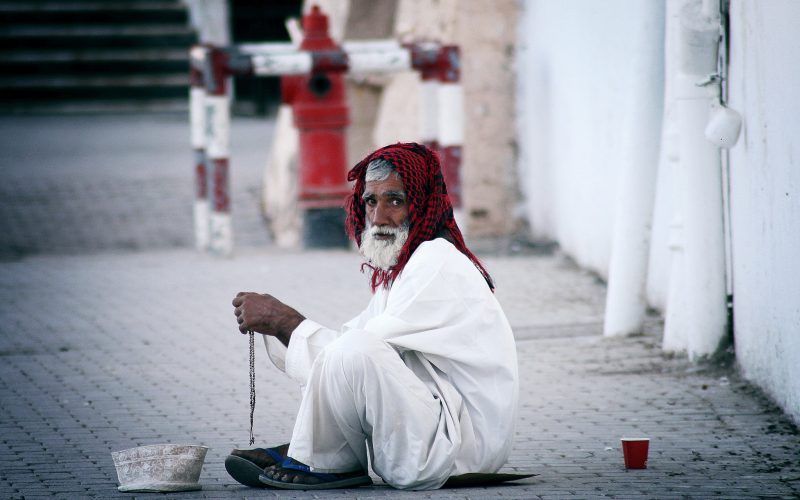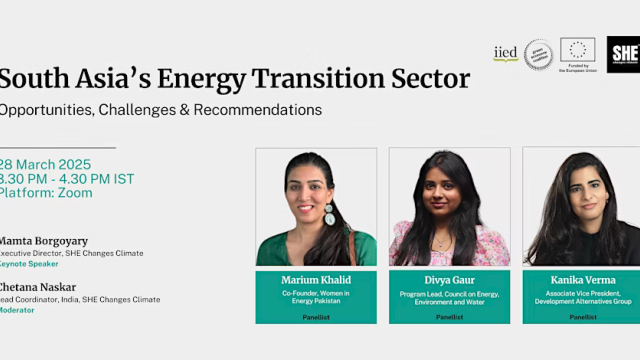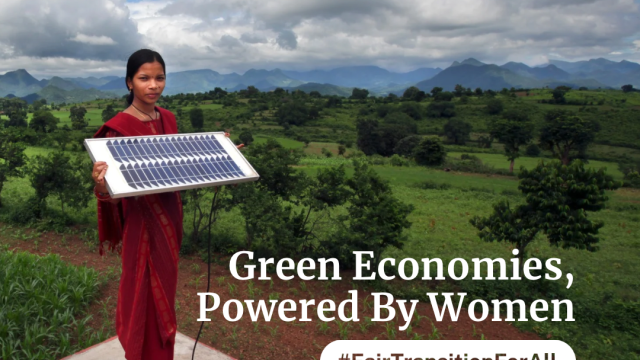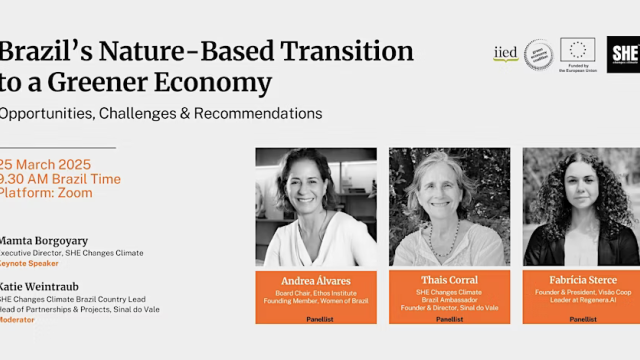A green economy must be a fair economy first

On Tuesday 26th July, I went along to the latest conference of the Green Economy Coalition (GEC) which was very informative and cautiously encouraging. The transition to a green world economy still has a very long way to go but the process is underway and gaining support all the time. The GEC itself is not getting carried away and has given a score of only 4/10 to the progress of the transition. That said, there has been some striking progress of late:
- There are over 65 national green economy plans around the world
- 147 Gigawatts of renewable electricity came online in 2015 (the largest annual increase ever and the equivalent of Africa's entire power generating capacity)
- More than twice as much money was spent on renewables than on coal and gas-fired generation in 2015
- Around USD 6.22 trillion is being invested in the green economy (from central banks, development banks, business, city governments and capital markets)
- 2015 was a record year for Green Bond investments.
The main problem with the transition is that progress is patchy, not only sectorally but also geographically. It is not having enough impact on the poorest people and nations in the world who are facing the impact of climate change right now. It is also not quite breaking through in the developed world (which really needs to do the heavy lifting in the transition) in terms of political narratives and the ballot box. This is certainly true of the UK.
One local politician from Oxford attested to the fact that inequality and poverty cut through as issues on the doorstep but green issues often made people feel like they were being preached at and turned them off. Interestingly, another contributor from Canada thought that advocates for green economic policies were often guilty of "selling the flight but not the destination" and urged the GEC to paint a vivid and hopeful vision of the future in order to bring people along.
The theme of inequality kept recurring during the day. It was agreed that without reducing inequality in order to protect people on low-to-middle incomes, then green policies would always struggle for widespread appeal at elections and more generally. There were some people in the room who passionately wanted the GEC to rename itself as The Fair & Green Economy Coalition or similar.
Existing inequality was also cited as a barrier to progress in terms of encouraging status anxiety and the consumerism that tends to go with it. There was also a lot of concern about inequality undermining trust in politicians, public institutions and business as well as in NGOs and other civil society actors. Without higher levels of trust within countries it is very difficult to form the necessary social consensus to tackle big issues like climate change.
From The Spirit Level onwards, the Equality Trust has always been explicit about the links between greater equality and progress on sustainability. Judging by this conference it seems this message is spreading and deepening which is to the great credit of the GEC and its members and is very much to be welcomed.
Bill Kerry, Supporters and Local Groups Manager, Equality Trust
This article originally appeared on the Equality Trust website and has been reposted with permission.
Image credit: "Poverty" (CC BY-NC-ND 2.0) by FatimehNadimi


